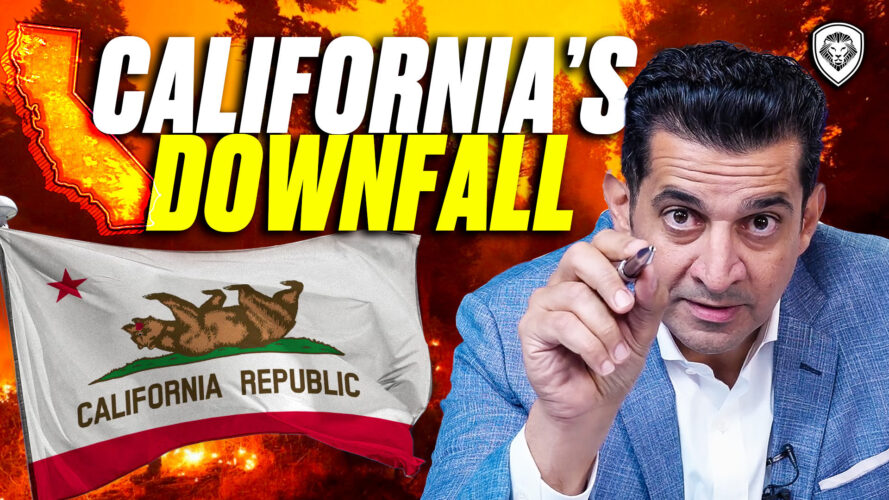The California exodus is getting worse. How did California go from being the place everybody wanted to live in, to the place everybody wanted to leave? California has gone extremely far left in its policymaking, creating an unfavorable environment for businesses and consumers.
California was not always dominated by the Democratic party, as recently as the 1980’s California voted Republican.
Since 1988, California has consistently voted Democrat. What correlates with this change? In 1994, Governor candidate Pete Wilson put forward Proposition 187, which denied all public services to illegal immigrants and forced all state employees to immediately report illegal immigrants to the Immigration and Naturalization Service for deportation.
California has a Hispanic population of roughly 40%, since 1994 the Hispanic community in California has been strongly against the Republican party. The California state legislature has had a democratic super majority for the last 20 years, which has created the most regulated business environment in the entire country.
Learn the benefits of becoming a Valuetainment Member and subscribe today!
CEO magazine ranked California as the worst state to do business in. An example of this can be seen in the California insurance industry, the state has an Insurance Commissioner that has full rate setting authority over the industry. This has caused an insurance company exodus in California.
- Geico closed all California offices at the end of 2022
- Progressive stopped advertising in California
- State Farm is no longer taking calls for quotes (need to go to the office)
- Insurance Professionals from CA say most companies are now extremely reluctant to underwrite new policies
The latest policy change California is pushing is the FAST ACT.
The FAST ACT would establish a 10-member Fast-Food Sector Council, tasked with establishing standards on minimum wages, maximum working hours, training, and other working conditions applicable to industry workers. The council could raise the minimum wage to $22 per hour in 2023 and up to 3.5% annually after that. Additionally, it could specifically authorizes fast-food restaurant workers to bring causes of action for discharge, discrimination or retaliation for exercising rights established by the FAST Recovery Act.
Policies like this are a major contributor the cost of living, heavy regulations, and high taxes in the state. The most important part of a healthy economy is the ability to cheaply produce goods and services and make them widely available. California does not currently have an environment conducive to that outcome.



















Add comment